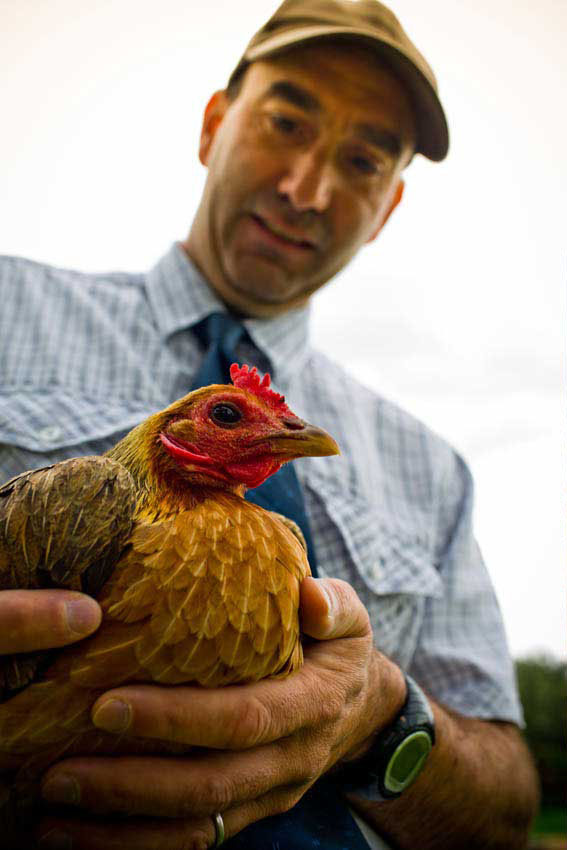 An animal behaviour researcher from Charles Sturt University (CSU) has welcomed Woolworths’ move to phase out the sale of eggs from caged hens but said it doesn’t guarantee better animal welfare.
An animal behaviour researcher from Charles Sturt University (CSU) has welcomed Woolworths’ move to phase out the sale of eggs from caged hens but said it doesn’t guarantee better animal welfare.The supermarket giant has announced it will stop selling caged eggs by 2018 and will only use cage-free eggs as ingredients in its home-brand products.
But Dr Raf Freire from CSU’s School of Animal and Veterinary Sciences believes the best way to improve animal welfare is with an independently audited accreditation scheme.
“Alternative systems such as barn and free-range allow hens to perform essential behaviours that hens in cages are denied, such as perching and laying their eggs in a nest, but the essential ingredient in any system is good animal husbandry,” Dr Freire said.
“It would be wrong to assume that the welfare of hens is better just because they are not being housed in cages anymore,” he said. “In fact, welfare in any system can be poor if it isn’t well designed and managed.”
“There has been an onus on European retailers to show that the welfare of birds is actually better because of being moved out of cages and most belong to some sort of accreditation scheme which independently audits the welfare of hens,” said Dr Freire.
“Not only does this ensure that producers are adhering to the retailer’s welfare standards, but also provides assurance to consumers that hens have better welfare.”
Dr Freire is urging Australian retailers and the industry to adopt a similar model to that used in Europe with independent audit to ensure consumers that the products they are buying are actually from hens showing good welfare.
Recent research by Dr Freire and CSU statistician Dr Ann Cowling collected information about the effect of conventional battery cages on hen’s behaviour, physical condition, physiology and production. Read more here





Social
Explore the world of social